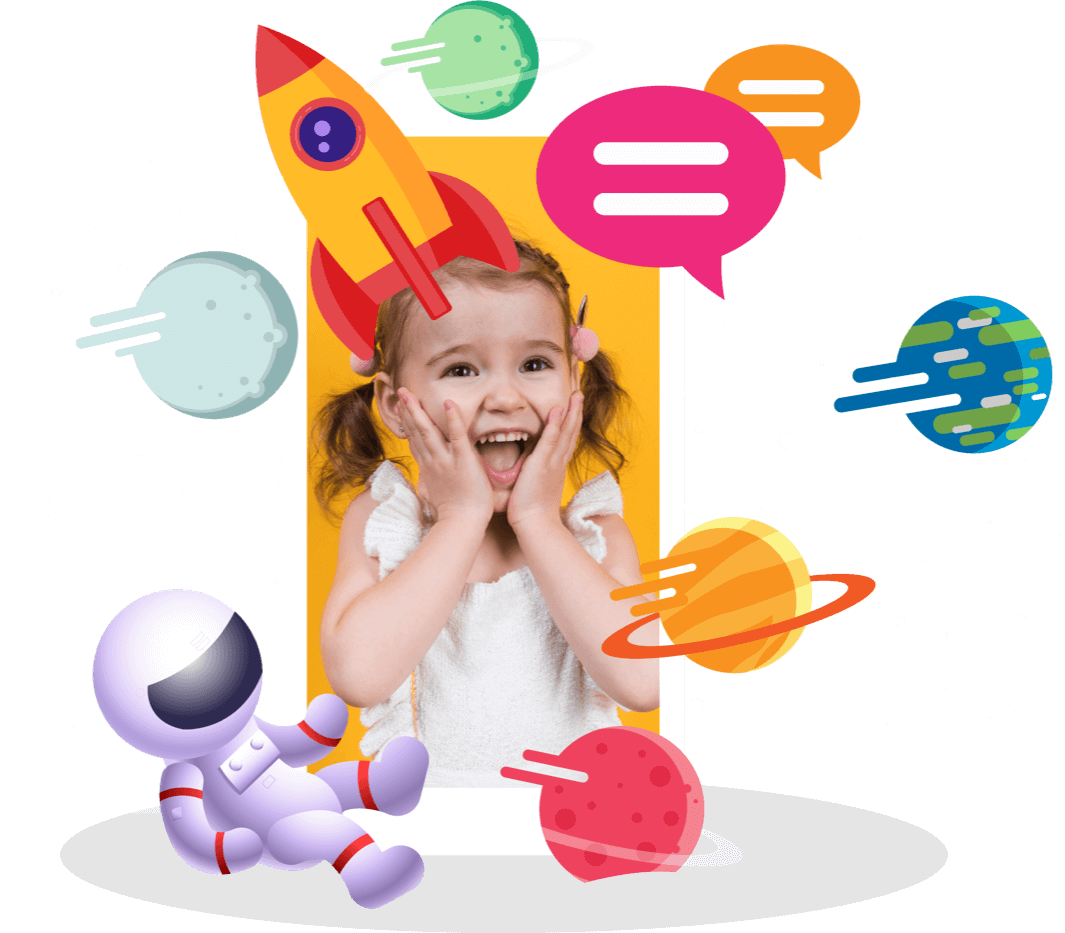Speech-language pathologists (SLPs) are highly-trained health professionals who work in the evaluation, diagnosis, and treatment of communication disorders and cognitive-communication disorders. For children with a speech, language, or developmental disorder, the symptoms can be frustrating and embarrassing. Abnormal speech habits can quickly become ingrained if not caught and corrected early-on; muscle memory and motor skills, in particular, can be challenging to retrain as a teenager or adult. Because there are a plethora of disorders that affect how a child speaks or understands language, speech-language pathologists are a crucial part of his or her treatment and education plan.
What Do Speech-language Pathologists Do?
Children with learning, speech, or language impairments can benefit from speech therapy. SLPs will work with your child (sometimes in collaboration with you!) to improve any of the following:
- Phonation and articulation: How we say speech sounds and put them together.
- Fluency: Children who have a fluency disorder will struggle with stuttering and/or stammering. Their speech may sound choppy, as they incorrectly space words or take breaths at the wrong time.
- Literacy: Speech and language impairments can overflow into how a child learns to read and write. SLPs will work to correct spelling, improve the flow of writing, and increase reading speed and comprehension.
- Motor issues: Children with swallowing or feeding disorders, as well as those with weak lip or mouth muscles, may need to retrain and exercise these areas to develop the proper movements.
- Resonance: Children with voice or hearing disorders may have a problem with the volume of their speech.
Come along with 200k+ families!
Let's communicate better!
Download for Free.
Speech - Language Pathologists and Special Education
In the United States, school children with disabilities, including those with learning and developmental disabilities like autism, ADHD, and dyslexia, are eligible for evaluation and special education accommodations in the classroom under the Individuals with Disabilities Education Act (IDEA). When a disability-associated speech or language problem begins to affect a child’s academic performance adversely, an speech-language pathologist may take part in shaping a student’s Individual Education Plan (IEP). School-based SLPs work with school districts to provide on-site services to special education students. They work in public schools to help affected students improve their ability to perform well academically, improve literacy, and foster more natural social interaction. Speech-language pathology sessions may be incorporated into the classroom, be part of a small group meeting, or be one-on-one. When parental participation is crucial, after-school sessions are an option. In any situation, the principal focus will be on the specific needs of the child. While there is not a one-size-fits-all model for therapy, some common tactics include adding assistive technology to the student’s curriculum, creating checklists for vocal exercises, practicing rhymes and word games, working on writing and reading skills, and practicing phonemic awareness.
Sources:
- lausd.net:
https://achieve.lausd.net/Page/3374
- asha.org:
https://www.asha.org/Students/Speech-Language-Pathologists/
- asha.org - SLP
https://www.asha.org/uploadedFiles/Roles-Responsibilities-SLP-Schools-DOs-and-DONTs.pdf
- specialedresource.com
https://specialedresource.com/resource-center/role-speech-pathologist-special-education





